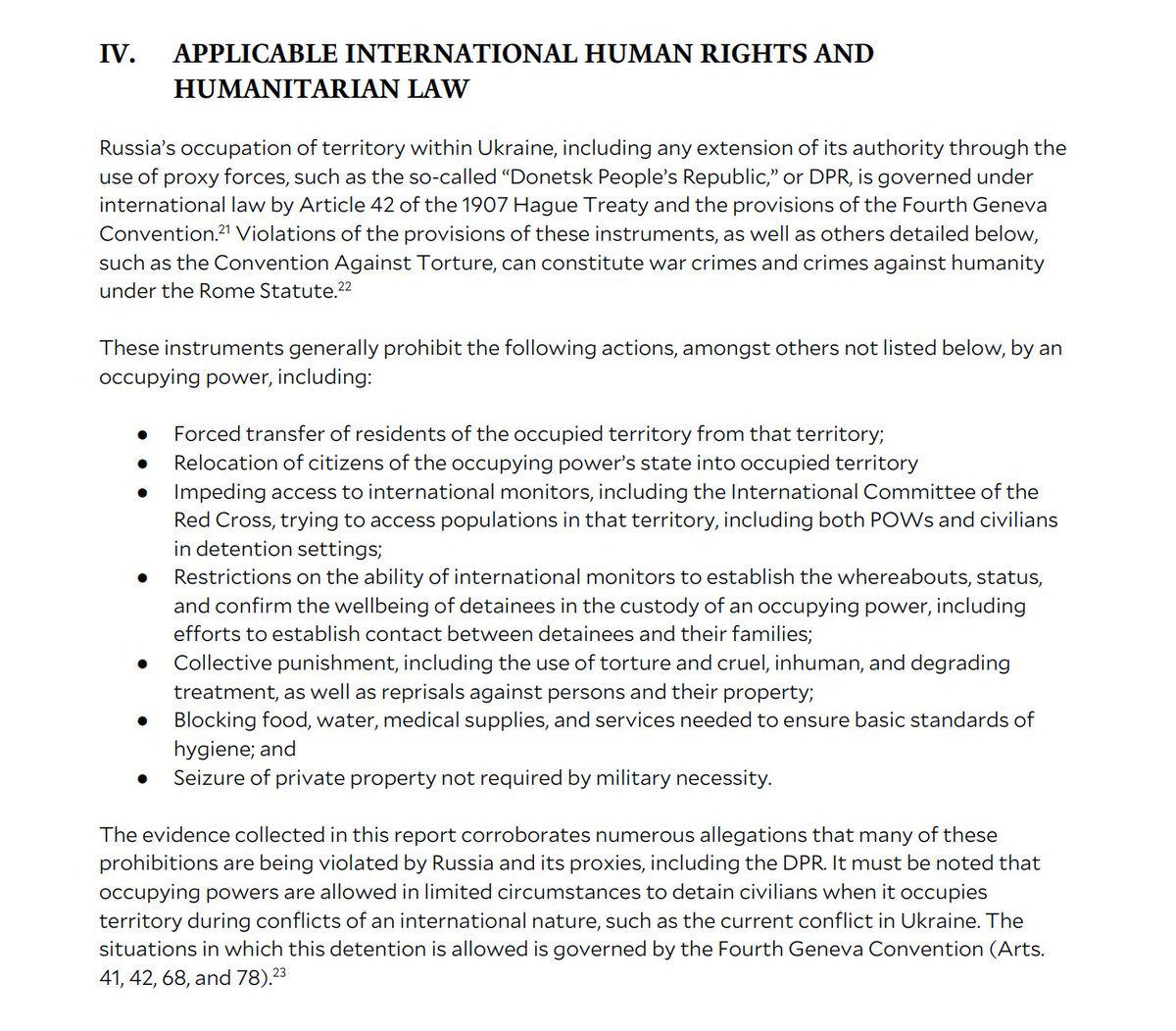
At some point, I think #jagarhar and #nafo are going to be a useful comparison to make in terms of popular-movement responses to disinformation.
Both cases are user-generated content movements with strong personal affiliation components.
180° opposite cultures, though.
1/10
Both cases are user-generated content movements with strong personal affiliation components.
180° opposite cultures, though.
1/10
Three sources on #jagarhar:
dw.com/en/german-anti…
theguardian.com/world/2019/jan…
bbc.com/news/blogs-tre…
2/10
dw.com/en/german-anti…
theguardian.com/world/2019/jan…
bbc.com/news/blogs-tre…
2/10
#NAFO got "recognized" by the @DefenceU official account, so there'll be more news articles I'm sure...
3/10
https://twitter.com/DefenceU/status/1563851548643426304?s=20&t=6FjP_FvuZlC7uozsBe197g
3/10
...but here's what's up in Google News right now; note one of them is a regional Australian source, that's about where #NAFO is as far as "being a thing"
vice.com/en/article/y3p…
newsweek.com/russia-ukraine…
watoday.com.au/world/europe/n…
4/10
vice.com/en/article/y3p…
newsweek.com/russia-ukraine…
watoday.com.au/world/europe/n…
4/10
It's definitely much more of a thing on Twitter than in verified outlets right now.
I mean, there's people gatekeeping it on replies to this thread as far back as August 6, so, there's your sign. I was a bit of a latecomer to even that party, FWIW.
5/10
I mean, there's people gatekeeping it on replies to this thread as far back as August 6, so, there's your sign. I was a bit of a latecomer to even that party, FWIW.
https://twitter.com/JoohnChoe/status/1555981593507872768?s=20&t=EJJ02qSUxvCR_WQ9dTHmKg
5/10
A few anti-fascist researchers, in the early days of both #nafo and #darkBrandon memes, noted that they deploy visual tropes of fascist art - laser eyes, military language, social-dominance-orientation language in feudal terms.
This is missing the point badly, I think.
6/10
This is missing the point badly, I think.
6/10
I get some fairly hilarious "why you talk all fancy hurr durr" feedback when I talk about memes this way (which is actually good feedback in my book), but the mechanism that's happening here is basically Situationist detournement.
7/10
https://twitter.com/JoohnChoe/status/1563433630826786816?s=20&t=g9ZvPwHWNFMVNB36Lh_p7g
7/10
The context of the #nafo dogs are a lot of the point.
You've got a country 1/3 the size of a neighbor that's invading it and fulminating on Russia-1 about how they're going to exterminate Ukrainian-ness.
They're plundering it for grain, money, and horrifyingly, people.
8/10
You've got a country 1/3 the size of a neighbor that's invading it and fulminating on Russia-1 about how they're going to exterminate Ukrainian-ness.
They're plundering it for grain, money, and horrifyingly, people.
8/10
I get about the doggie jokes that it doesn't make that horror disappear - nothing really does, that's the nature of horror in daily life.
For a minute or two it recedes into the background a bit though
9/10
For a minute or two it recedes into the background a bit though
9/10
The profound similarity with #jagarhar is that #nafo meme jokes with smiling cheems, too, are a survival tactic.
Compassion, the way that "we are here" activists do it, seems hard to ask for in this war.
Humor and joy, that you can get, though.
Compassion, the way that "we are here" activists do it, seems hard to ask for in this war.
Humor and joy, that you can get, though.
• • •
Missing some Tweet in this thread? You can try to
force a refresh








